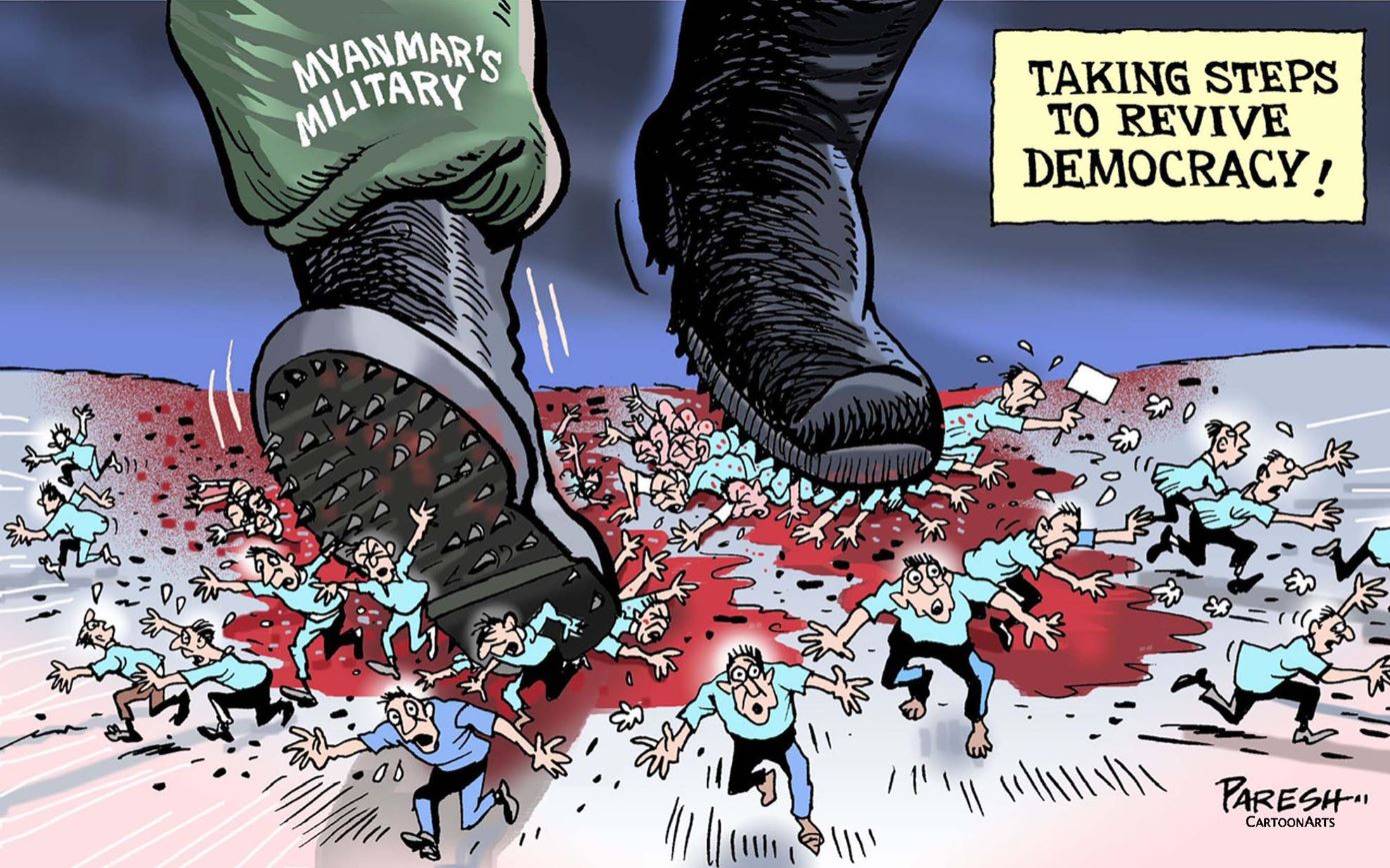In August 2020, Prime Minister Shinzo Abe stepped down as the longest-serving prime minister of Japan. Many analysts and scholars have argued that the legacy of his long tenure was pragmatism, his economic orientation and introducing values into Japan’s foreign policy.
Already in 2007, Abe defined Japanese foreign policy values in liberal terms, which included freedom, democracy, and respect for basic human rights. The importance of those liberal values has been continuously highlighted in the country’s foreign political guidelines, most recently the “Free and Open Indo-Pacific Vision” (FOIP). The centrality of values is also apparent in the Official Development Cooperation (ODC) Charter revised in 2015.
Recently, Abe’s successor, Yoshihide Suga, confirmed the continuation of the value-oriented foreign policy Abe developed. But how did the value-oriented policy manifest in actual policies? The case of Myanmar is a good example to show that values have played only a marginal role in Japan’s foreign policy so far.

















With your current subscription plan you can comment on stories. However, before writing your first comment, please create a display name in the Profile section of your subscriber account page.